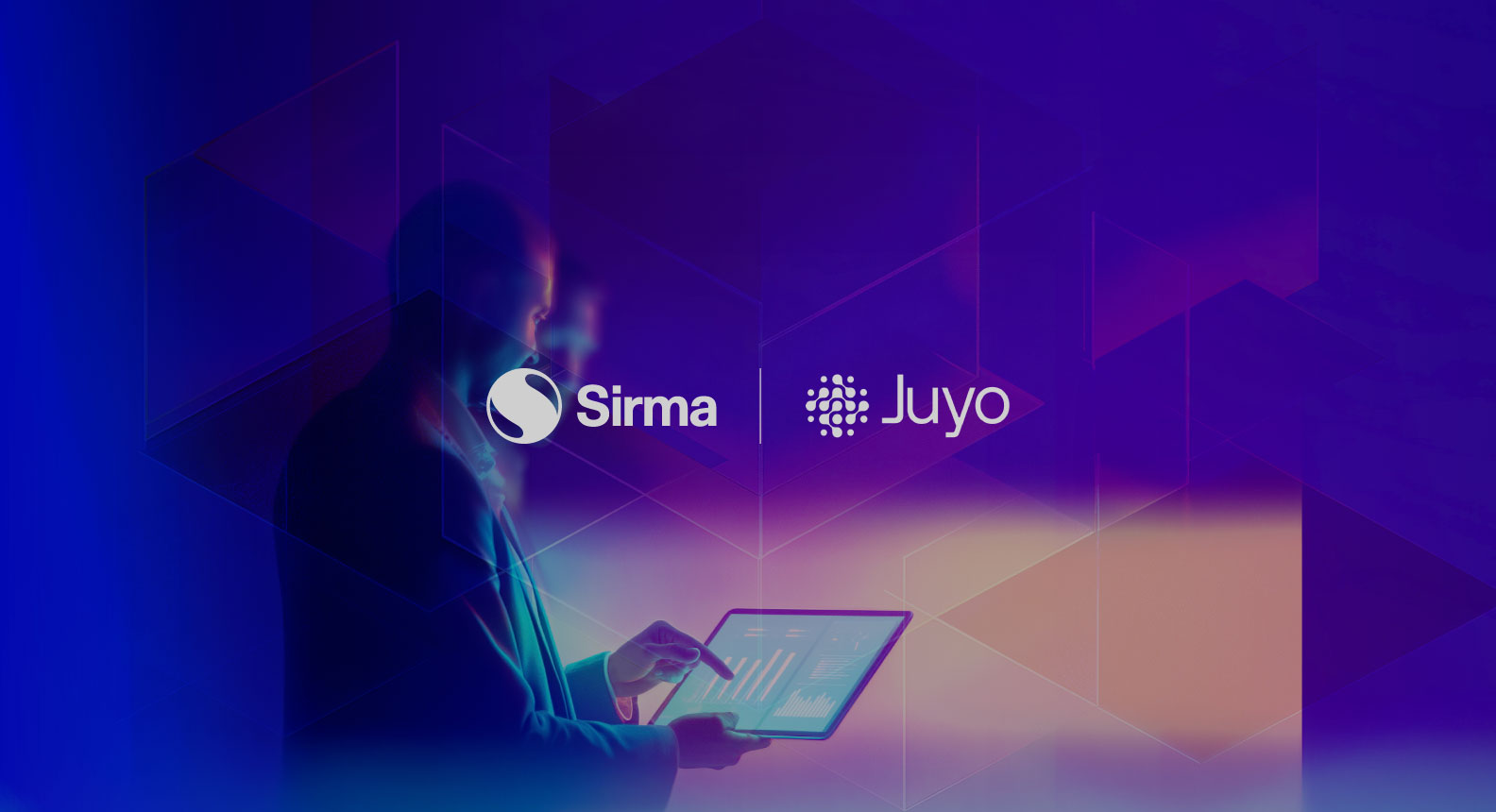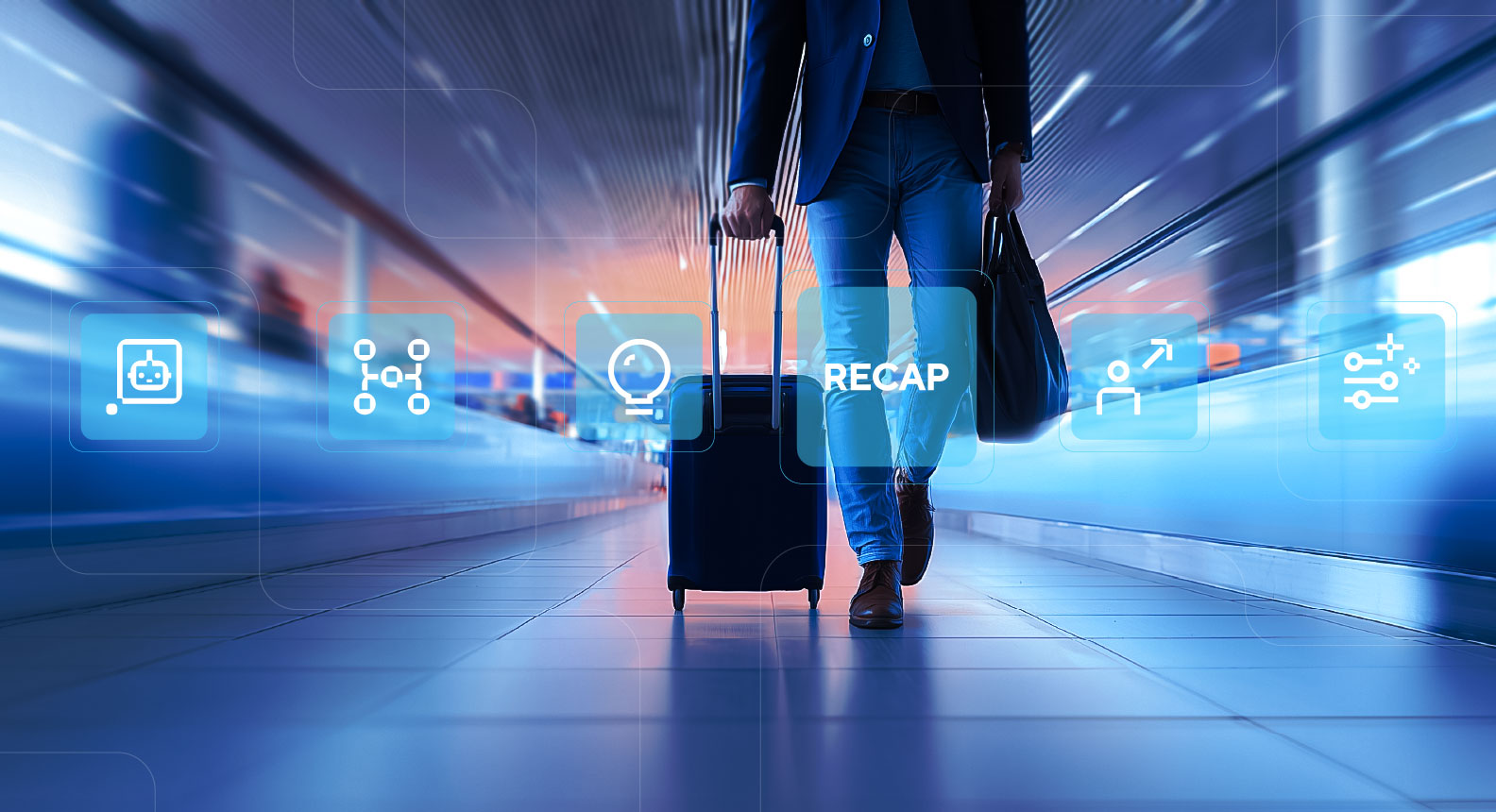In today’s connected travel world, every second of disruption costs more than lost bookings – it costs trust.
From the moment a guest taps “Book now” to the moment they check out, dozens of systems work behind the scenes to make that experience seamless. When one link falters, the impact ripples through revenue, reputation, and relationships.
For the guest, it’s a frustrating delay. For the hotel, it’s a dent in brand perception and staff morale. And for the IT team, it’s a reminder that even the most advanced hospitality systems are only as strong as the integrations holding them together.
System resilience isn’t just a technical concern – it’s a business continuity issue. But it’s also preventable. Let’s explore why failures happen, what they cost, and how forward-thinking hotels and vendors are tackling them head-on.
The Hidden Complexity of Hospitality Stacks
Hospitality technology looks seamless from the outside: guests book, pay, check in, and enjoy their stay with minimal friction.
Seems pretty straightforward, right?
But behind the scenes, every interaction depends on dozens of systems talking to each other in real time:
- PMS syncing with the CRS to confirm availability.
- POS sending transaction data into the RMS.
- Mobile keys pulling guest profiles from the CRM.
- OTAs and airline partners updating inventory across multiple distribution channels.
Each connection point is a potential breakage. And instability usually emerges from one of four sources:
- Unmapped dependencies
A small update in the PMS cascades into a failure in mobile check-in because the dependency wasn’t flagged.
- Rushed timelines
Vendors eager to go live skip rigorous testing. Issues appear only once real guests hit the system.
- Siloed execution
IT, operations, and vendor teams operate separately. Critical context gets lost in translation.
- Weak monitoring post-go-live
Without real-time oversight, problems surface only when guests start complaining – often too late.
And as hotels rely on more third-party systems – from channel managers and meta-search platforms to airline codeshares and NDC-enables APIs – the web of interdependencies only grows denser. Distribution today is a data choreography, and when one note slips, the whole rhythm falters.
The Real Cost of Downtime Goes Beyond IT Headaches
It’s tempting to view downtime as just an IT issue. But the impact spreads far wider.
- Revenue leakage: When booking engines can’t confirm reservations, rooms sit unsold.
- Guest dissatisfaction: A two-minute system freeze at check-in can color an entire stay.
- Staff burnout: Manual workarounds put unfair pressure on teams during peak hours.
- Vendor reputation: Platforms that repeatedly stall integrations lose client trust.
Here’s the hard truth: reliability isn’t measured in uptime percentages – it’s measured in guest trust. And once that slips, it’s hard to regain.
What Works: Proven Approaches to Reducing Downtime
So the question is: how do leading hospitality brands and vendors ensure continuity? It isn’t luck. It’s process, foresight, and discipline.
- Planning for Dependencies
Every integration touches multiple systems. The most successful projects begin with a meticulous dependency map, not just technical, but operational.
- Testing That Mirrors Reality
The best teams simulate peak guest scenarios: 200 check-ins, multiple payment flows, and mobile key activations. Only then do you see how systems behave under real pressure.
- Phased Rollouts
Instead of flipping the switch across all properties, roll out in controlled phases. Identify issues in a small environment before scaling up.
- Continuous Monitoring
Smart hotels don’t wait for front desk staff to flag issues. They run continuous, automated monitoring with alerts that trigger action before guests notice.

What Forward-Thinking Travel Brands Do Differently
The hotels and vendors that thrive today see integration resilience and connectivity as a strategic advantage, not just an IT safeguard.
- Cloud-first infrastructure: Scalable, less prone to localized failures, easier to monitor.
- Predictive analytics: Using data not just to see when interruptions occur, but to anticipate them.
- Regular failover simulations: Ensuring systems withstand real-world pressure without guest-facing impact.
- Embedded partnerships: Working hand-in-hand with technology partners who understand both hospitality operations and travel distribution – from OTAs and booking platforms to airline systems and NDC-enabled APIs.
Across the industry, there’s a growing awareness that what used to be seen as a technical issue is, in fact, a guest-experience issue. This mindset shift - from reactive to proactive, from siloed to integrated – is what separates downtime-prone organizations from those delivering seamless experiences across the entire travel ecosystem.
From Integration to Orchestration: A Broader Perspective
The most innovative travel and hospitality brands no longer think in terms of single integrations. They think in ecosystems – connecting OTAs, airlines, hotel groups, and loyalty systems into unified, intelligent networks that anticipate guest needs in real time.
This shift from integration to orchestration is redefining how travel and hospitality systems interact, scale and recover. It’s about ensuring that when one system stumbles, the overall experience doesn’t.
Building a More Connected, Resilient Future
In hospitality and travel, technology is no longer just a back-office enabler, but the foundation of the guest experience. That makes integration downtime a board-level risk, not just an IT challenge.
At Sirma, our Travel & Hospitality team approaches connectivity as embedded partners – aligning with operations, mapping dependencies, and building resilience into every layer of the stack.
From AI-powered monitoring to secure OTA and airline integrations, we help travel brands minimize downtime and maximize guest trust.
With over 350 successful hospitality and travel projects delivered, we know what it takes to keep systems connected – and experiences uninterrupted.
Let’s explore how Sirma’s expertise can help your business achieve continuous uptime and connected performance. Visit our Travel & Hospitality hub.


